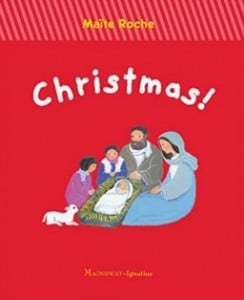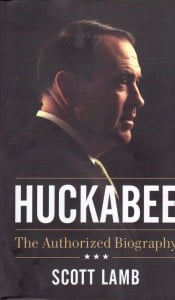One imaginative moment seems now to matter more than the realities that followed. It was the first bullet I heard—so far from me that it “whined” like a journalist’s or a peacetime poet’s bullet. At that moment there was something not exactly like fear, much less than indifference; a little quavering signal that said, “This is War. This is what Homer wrote about.”
–C.S. Lewis

I was delighted to see in The Blaze an article featuring some never-before-seen photos from World War I. Of particular interest was a photo of British author, broadcaster and philosopher C.S. Lewis as a young soldier in 1917.
Lewis rarely spoke about the war, but he did talk about his experiences in his autobiography Surprised by Joy. Speaking of the difficulties of war, he wrote:
Through the winter, weariness and water were our chief enemies. I have gone to sleep marching and woken again and found myself marching still. One walked in the trenches in thigh gum boots with water above the knee; one remembers the icy stream welling up inside the boot when you punctured it on concealed barbed wire. Familiarity both with the very old and the very recent dead confirmed that view of corpses which had been formed the moment I saw my dead mother. I came to know and pity and reverence the ordinary man: particularly dear Sergeant Ayres, who was (I suppose) killed by the same shell that wounded me. I was a futile officer (they gave commissions too easily then), a puppet moved about by him, and he turned this ridiculous and painful relation into something beautiful, became to me almost like a father. But for the rest, the war—the frights, the cold, the smell of H.E., the horribly smashed men still moving like half-crushed beetles, the sitting or standing corpses, the landscape of sheer earth without a blade of grass, the boots worn day and night until they seemed to grow to your feet—all this shows rarely and faintly in memory.
But beyond these sobering memories, Lewis’ reflections touch on the humorous:
The rest of my war experiences have little to do with this story. How I “took” about sixty prisoners—that is, discovered to my great relief that the crowd of field-gray figure who suddenly appeared from nowhere, all had their hands up—is not worth telling, save as a joke.
He reflects on having been wounded:
…the moment, just after I had been hit, when I found (or thought I found) that I was not breathing and concluded that this was death. I felt no fear and certainly no courage. It did not seem to be an occasion for either. The proposition “Here is a man dying” stood before my mind as dry, as factual, as unemotional as something in a textbook. It was not even interesting.
And through it all, what emerges is the transformation of a man of letters. During his recuperation from a wartime infection and during his convalescence after being wounded, he read and studied, considering life through the works of Bergson and Goethe, Titian, Christopher Wren, and the Psalms.
If you haven’t read Surprised by Joy, may I recommend that you put it on your wish list and read it soon?
And take a look at The Blaze to see the other newly published photos from the War.











